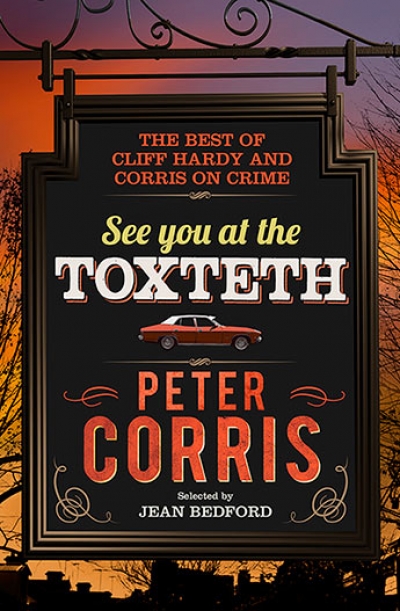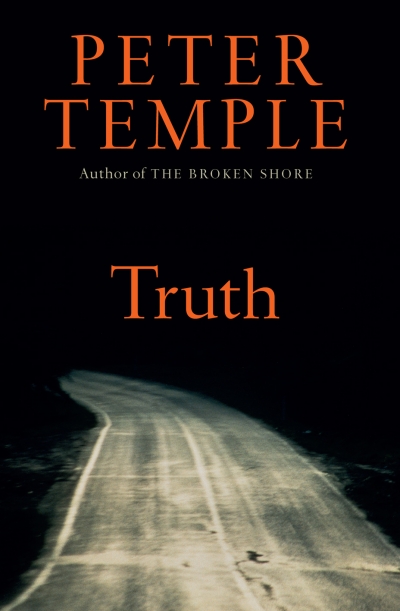Two of the greatest Australian crime writers died within six months of each other in 2018. Peter Temple authored nine novels, four of which featured roustabout Melbourne private detective Jack Irish, and one of which, Truth, won the Miles Franklin Literary Award in 2010. Temple died on 8 March 2018, aged seventy-one. Peter Corris was more prolific, writing a staggering eighty-eight books across his career, including historical fiction, biography, sport, and Pacific history. Forty-two of those highlighted the travails of punchy Sydney P.I. Cliff Hardy. Corris died on 30 August 2018, seventy-six and virtually blind.
...
(read more)





